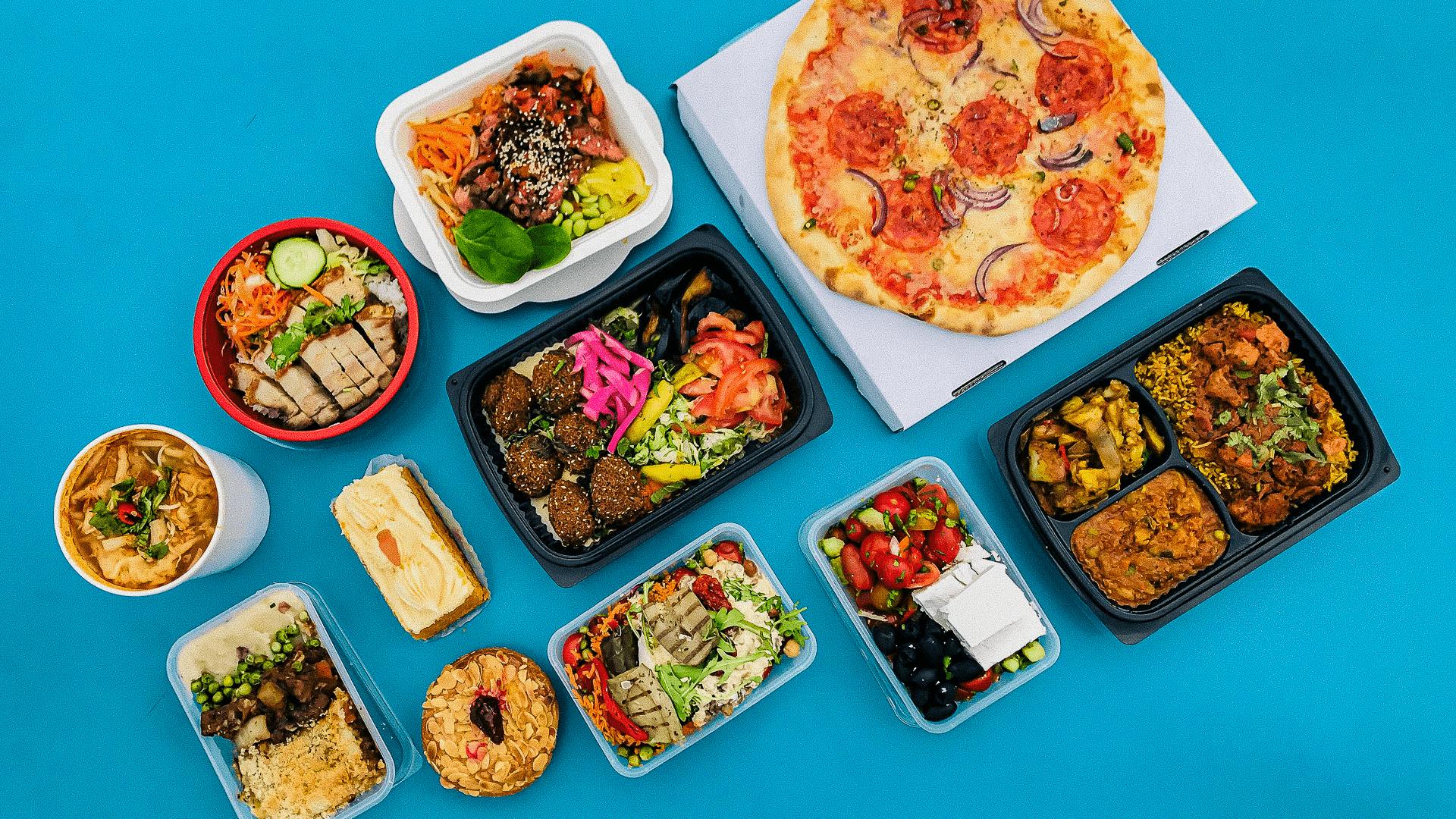Discover how to meal prep for a healthier, stress-free week with simple and nutritious strategies and how Bozu’s healthy meal prep services can ease your process.
Meal prepping is a transformative approach to eating. You start each week with calm and control, knowing your meals are sorted, nutritious, and ready to go.
And it is not just about saving time either. You nurture your health, reduce stress, and bring organised eating habits into your life. However, planning and preparing all your meals in advance might feel overwhelming.
Don’t worry. We've got you covered.
With this guide, we’ll help you simplify the process by breaking everything down into manageable steps, making it a stress-free part of your weekly routine.
So, let’s get into it, shall we?
Let’s Start With First Step: The Planning Out
Meal prepping involves selecting recipes, shopping for ingredients, cooking, and storing meals in advance.
It all starts with mapping out your meals. You need to know what you’ll eat so you can go ahead and get the required ingredients to prepare those meals quickly and easily.
That said, organising your meals for the week (or more) also means considering the variety and nutritional balance.
You don’t have to eat the same dish every day — you can still enjoy a range of flavours with the right nutrients so you get a well-rounded diet that ensures each meal is exciting and healthy.
Strategies for Effective Meal Planning
Effective meal planning is a skill that can make your life easier in the long run. Here are some strategies to help you plan your meals effectively:
- Set Clear Goals: Are you meal-prepping for weight loss, muscle gain, or to maintain a healthy diet? Your goals will guide your meal choices, helping you select recipes that align with your objectives.
- Consider Dietary Needs: Consider any dietary restrictions or preferences you or your family members might have. Whether gluten-free, vegan, low-carb, or high-protein, your meal plan should cater to these needs to ensure everyone enjoys their meals.
- Use Tools and Resources: Various apps and sites simplify meal planning. Apps like Mealime or Paprika help you organise recipes, create shopping lists, and even offer meal suggestions.
- Plan for Variety: Avoid monotony. Include a variety of meals in your plan by adding different cuisines, cooking methods, or types of ingredients. Variety keeps your taste buds interested and ensures a broader range of nutrients.
- Batch Cooking and Leftovers: Plan meals you can cook in larger quantities and use throughout the week. Dishes like stews, casseroles, or roasted vegetables are great for batch cooking. Also, consider how you can repurpose leftovers into new meals.
- Flexible Planning: Be flexible enough to accommodate changes. Sometimes, life just happens, so having a backup option or being able to swap meals between days can be helpful.
Based on these tips, sit down and make a plan.
Now, Start Shopping… The Smart Way
Once you know what you're cooking, create a detailed shopping list based on your meal plan. This helps you stay focused, prevents impulse purchases, and ensures you don’t overlook any essential items.
Here are some additional tips:
- Buy in Bulk: Items like grains, legumes, nuts, and seeds are often cheaper in bulk and have a longer shelf life.
- Fresh Produce: Opt for seasonal and local options. These choices are not only fresher and more nutritious but often more affordable as well.
- Frozen: You can also consider frozen fruits and vegetables. They are picked and frozen at their peak ripeness, retaining most nutrients. An excellent option for out-of-season produce.
- Packaged Foods: Always read the labels carefully. Look for products with minimal added sugars, low sodium, and no artificial additives, which are crucial for making healthier choices.
- Proteins: If you eat meat, lean options like chicken, turkey, or fish are excellent. Buying some proteins in bulk and freezing them can be both time-saving and economical.
- Vegan Options: For a plant-based diet, tofu, tempeh, or legumes are excellent choices.
- Other Items: Include sources of healthy fats in your shopping, such as avocados, nuts, seeds, and olive oil. These are essential for a balanced diet and add flavour to your meals.
How to Portion and Store Meals?
A crucial step in meal prepping, this helps manage portion sizes and ensures you have the right amount of food ready for each meal.
Start by determining the ideal portion sizes based on your needs and goals. For instance, if you want to lose weight, opt for slightly smaller portion sizes. Use measuring cups, scales, or containers to ensure consistency in your portions.
Once your meals are prepped, let everything cool down, then pour into containers.
Get some high-quality, airtight containers that are microwave-safe and freezer-friendly. They’ll keep your food fresh longer and make reheating more convenient. Glass containers are great too since they don’t retain odours or stains and are better for the environment.
Oh, and refrigerate meals that you plan to eat within a few days. If you’re prepping for two weeks or more, then freeze the portions you won’t eat in the first few days. This helps preserve their taste and nutritional quality.
Lastly, when reheating, ensure the food is heated thoroughly at the right temperature to avoid foodborne illnesses.
Pro Tip: When freezing, label your containers with the date and contents to keep track of everything.
Consider Bozu for Fast & Easy Healthy Meal Prep Services
While meal prepping is a great way to maintain a healthy diet and save time, it can sometimes be time-consuming and challenging — especially during busy weeks or if you don't cook.
This is where Bozu comes in. Bozu's healthy meal prep services give you a variety of pre-prepared meals with convenient meal plans so you don't have to do a thing.
Contact us now to see what's on the menu this week.
